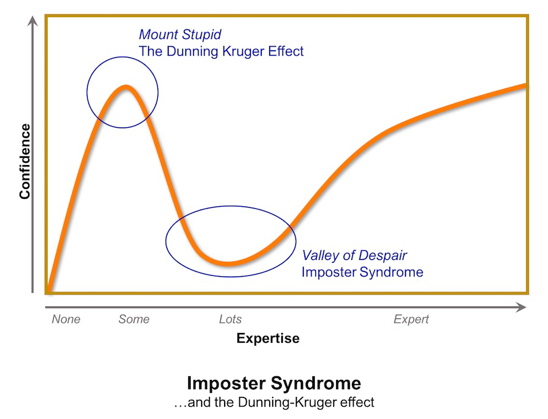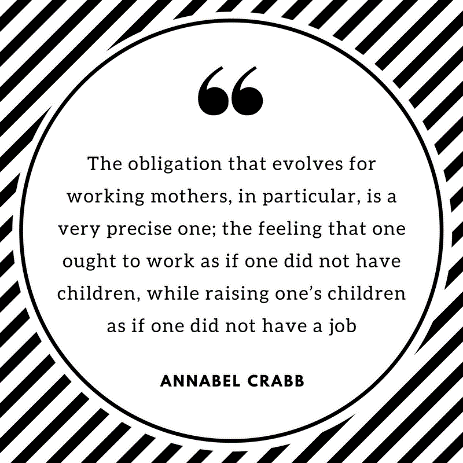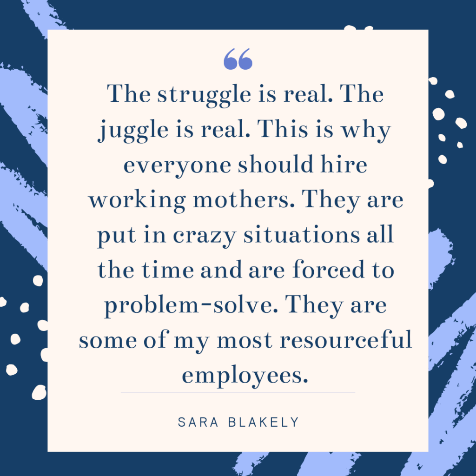Coffee afternoons, baby yoga and a masters?

Dr Samantha Batt-Rawden is an EM/ICM trainee in the KSS deanery. Sammy is a past Chair of The Doctors’ Association UK @TheDA_UK, and a former deanery FOAMed lead to RCEM @kssemfoam.
As a dual trainee who had never jumped off the training treadmill, I was looking forward to my maternity leave. I had pictured long coffee afternoons with other new mothers, taking up baking and trying my hand at baby yoga. Heck, I had thought I was going to be so refreshed by what I thought would be a break I might even sign up to do a part-time Masters in my ‘time off’.
Any parents reading this are likely chuckling to themselves knowingly. Several months later with our precious new bundle in tow, I had new daily goals; keeping us both alive, preferably fed, and making it through the hours until my husband came home. Forget baby yoga – washing my hair more than once a week was a win.
Perhaps the semi-nocturnal 1:2 registrar rota I trudged through during my pregnancy had rubbed off on our son. We tried everything; Joshua was just a terrible sleeper. He was (and is still, 2 years later) equal parts terrorising sleep thief and pure joy. I loved being a new mother, but by the end of 15 months maternity leave, I was ready to return to work.
I couldn’t have forgotten everything I had known in a year. It would be fine.
Like riding a bike…
Whilst on maternity leave I had rotated to a new trust, and a new specialty. I was previously dual training in Emergency Medicine so it had been even longer since I had been in a critical care environment. But there was no adjustment for that, no acknowledgement of the time I had been out. At the time, this was exactly what I wanted. I had returned to training full time; I didn’t want to be treated any differently for being the only senior trainee who was also a mother. Why should there be allowances just for me?
Quickly it became abundantly clear I no longer knew how to ride the bike. I vividly remember my first day and a nurse asking me to write up some Ibuprofen. I scurried off the corner trying to look up the dose surreptitiously in the BNF without anyone noticing. It was not a one off; I stuttered on the ward round mortified as my juniors answered questions from consultants that I no longer knew the answers to. Worse still, my practical ability and, crucially, my airway skills had degraded.
What had happened to me? Previously capable and a safe pair of hands to have around in a crisis, I was now the opposite. I joked and blamed it on ‘baby brain’ but secretly I was embarrassed and terrified.

Dropping balls…
3 months later, a female consultant from another specialty caught me at a bad moment. I had not wanted to say, but my maternity leave had been even tougher than I have let on in this blog or to my colleagues at the time. The truth of it was that we’d had a rocky start. Joshua was born prematurely at 27 weeks, and spent a turbulent 3 months in intensive care. At that point, when my consultant colleague met me that morning for the first time, Joshua, now 18 months and the light of my life, had just been diagnosed with cerebral palsy. But like many doctor parents I had also been up all night with him before my shift. This had become the norm; oblivious to my worry about his newly diagnosed disability Joshua had continued to hold ‘3am parties at the crib’.
I was on call and exhausted. Maybe she clocked my red eyes, maybe it was a mother’s instinct, but she was the first person to ask not just how Joshua was doing, but how I was doing as a new Mum. Mumbling, ‘fine’ didn’t cut it. We talked, and I was flooded with relief to hear that she had felt the same. How it had taken her well over a year after her return to medicine to feel like she was just staying afloat and not sinking. And that all of this was utterly normal.
“But you seemed to have it so together?”
She said. I could have said the same thing for her. Outwardly, apparently, I was juggling it all with ease. Inwardly, I was dropping balls left, right and centre.
I thought of a picture I had seen on Twitter and we both laughed.

What I wish I’d known then
- Keeping the plates spinning is hard work
ICM is an increasingly female friendly specialty but there is no doubt that returning to any workplace after maternity leave is jarring. New mothers in particular will have a new identity outside of work. It’s important to acknowledge that some things will have changed; you will have new priorities, new stresses and strains, maybe even a new outlook. Childcare is an inevitable source of stress for all working mothers which is often under-estimated. You may still be breastfeeding and need to sort out the logistics of expressing. You will likely experience self-doubt compounded by ‘mummy guilt’, especially if this is the first time you’ve been separated from your new tiny human. And if you’re looking forward to returning to work you’ll likely feel guilty that you don’t feel guilty! But all of this is normal.

That’s a lot of plates to keep spinning; and if you’re doing it all sleep deprived, you will have one hand tied behind your back. Remember to look after yourself: self-care is not selfish.
- Treading water is ok
Feelings of inadequacy can be compounded by skill degradation. It is common for doctors, who let’s face it are self-critical at the best of times, to be hard on themselves in wanting to perform at the same level upon returning to work as immediately prior to having time out. But again, some skill degradation is to be expected. Try to reset your expectations and be kind to yourself.
There has been increasing recognition of this and a number of schemes now exist to help the return to work. These programmes can ease you back into it, often facilitating supernumerary time to upskill rather than launching you straight into on-calls after an extended time off. They can also help doctors access funding for courses, life support refreshers or otherwise, to help maintain skills and knowledge. Some specialties even have return-to-work baby-friendly conferences with specialty specific updates you may have missed on your time out, provided alongside breast-feeding facilities and a crèche.
Keeping in touch days are another good way of maintaining skills and easing your way back into work.
- Behind every strong woman is a tribe of other strong women who have her back
It is easy to feel isolated on return to work. But reach out. The more you talk to other women who have returned to critical care from maternity leave, the more you realise that most of us have all felt the same way at one point or another. Talking about this openly normalises this process and we should do more of it.
Wonderful communities exist on social media which are an excellent source of support. I was lucky to find the Physician Mums Group UK, a brilliant Facebook group of over 18K doctor Mums. We started a subgroup for doctor Mums who had had a premature or unwell child in NICU, and later I joined another for medical mothers who had children with special needs or ‘added extras’. There are spin-off groups for breastfeeding support, for single mothers, for bereaved mothers.
There are also similar networks for Dads and wider groups run by the Doctors’ Association UK that have become online messes and hubs for doctors and medical students alike.
Some specialties also have specific coaching and/or mentoring programmes for women (not just those who are mothers, it has to be said) including Women in ICM, Women in Surgery, Fem in EM, to name a few. FICM has a mentoring programme that is currently open to consultants that we hope will be extended to trainees in the near future (watch this space!).
- The woman who has it all? She doesn’t exist
If we are always striving towards a mythical ideal, we set ourselves up to fail. So let’s not do that.

The truth is you are going back to work with a whole new set of skills up your sleeve. You will become an expert in logistics; sorting childcare (and back-up childcare!) around medical rotas requires (almost) super human skills in organisation. Many women find they are better at time management, at multi-tasking and prioritising on return to work. Others describe becoming more assertive, more empathic, with a new perspective that allows them to see the bigger picture.
So be kind to yourself. Enjoy finishing a coffee whilst it’s still hot. And know that you’ve got this.

